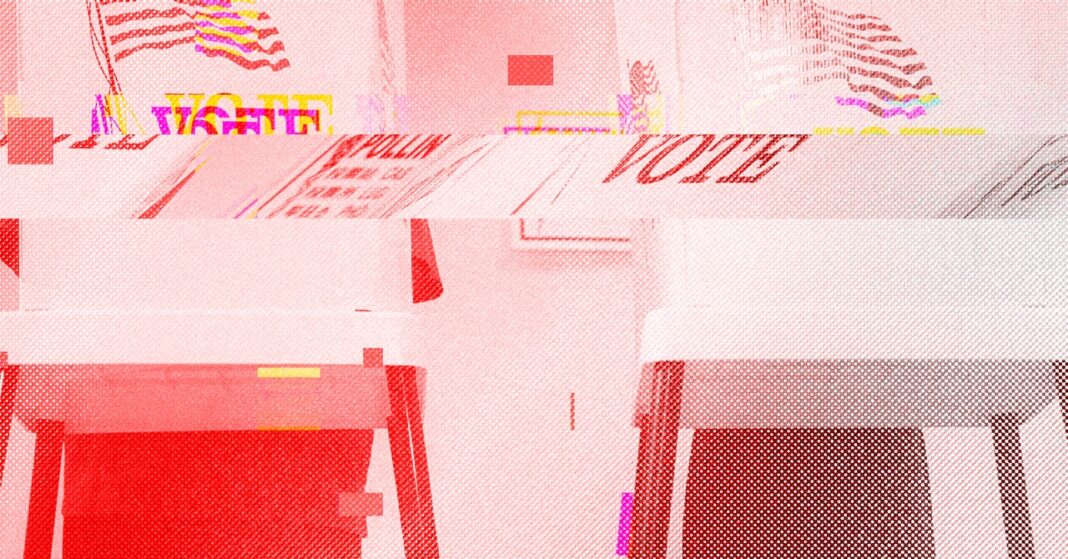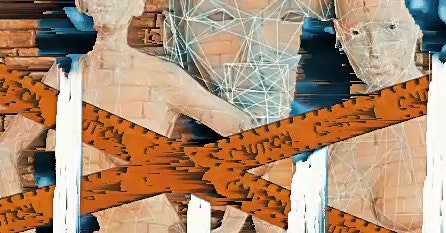In Short:
A few months ago, concerns grew about AI’s impact on the 2024 election. While some worries have eased, political deepfakes, including explicit content, are still prevalent. WIRED reporters discuss changes in AI and ongoing concerns. Legislation is slow, with efforts by lawmakers like AOC to allow victims of nonconsensual deepfakes to sue and have content removed, but progress is lacking.
While concerns surrounding the effects of artificial intelligence on the 2024 election have eased somewhat, the prevalence of political deepfakes—including pornographic images and videos—remains a significant issue. In a recent discussion, WIRED reporters Vittoria Elliott and Will Knight examined the evolving landscape of AI and the pressing issues that warrant our attention.
Recent Developments in AI and Elections
A few months ago, many were deeply concerned about how AI-generated content would influence the electoral process. The WIRED politics team has referred to 2024 as the “year of the generative AI election,” due to the remarkable quality and accessibility of AI-generated images, audio, and video. Although some initial fears have diminished, the proliferation of deepfakes—targeting high-profile politicians such as Kamala Harris, Joe Biden, and Donald Trump—persists. The discussion also highlighted the complexities surrounding legislation related to political deepfakes, including non-consensual AI-generated pornographic content.
Legislative Challenges
Currently, the legislative response to AI-generated porn is fragmented. Congresswoman Alexandria Ocasio-Cortez, a victim of non-consensual deepfake pornography, has introduced the “Defiance Act,” allowing victims to sue those who create or distribute such content, provided they can prove its non-consensual nature. In parallel, Senator Ted Cruz has proposed the “Take It Down Act,” enabling individuals to compel platforms to remove these harmful images and videos. However, significant progress on these initiatives has stalled over recent months.
Social Implications and Concerns
This issue of deepfakes has gained considerable attention, particularly as incidents of bullying among young people have arisen, with middle and high-school students using generative AI to create explicit images and videos of their peers. While generative AI does have applications in the political realm, the current evidence suggests it is predominantly used to harass and intimidate women.
For further insights and discussions, listeners can access the latest episodes of the WIRED Politics Lab podcast, where the implications of AI on politics are regularly explored.
For additional updates, you can follow the work of Leah Feiger on Twitter at @LeahFeiger, Vittoria Elliott at @telliotter, and Will Knight at @willknight. For inquiries, please reach out to us at [email protected].
Get Involved
To stay informed, subscribe to the WIRED Politics Lab newsletter and explore our series of podcasts available on major platforms, including Apple Podcasts, Spotify, and many others.





